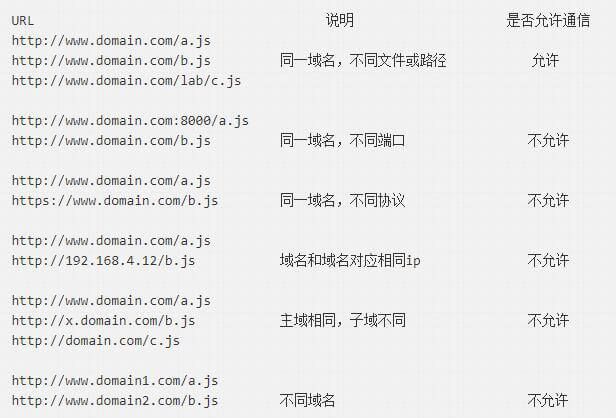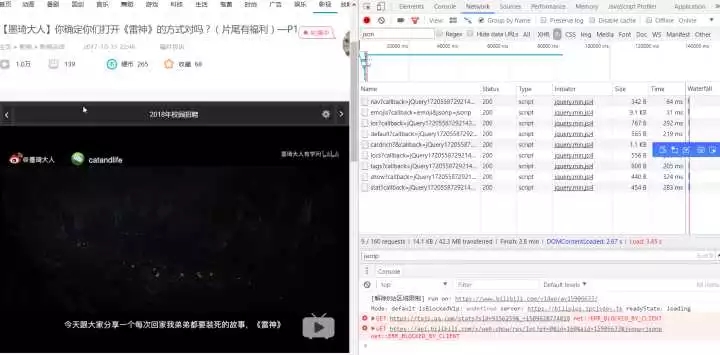# (一)概述 {#一-概述}
前面看了这么多,不知道大家有没有这样一种感觉,如果每写一个对象都要去xml文件中定义这个bean,似乎依然还是很繁琐。Spring也考虑到了,因此在后续的Spring版本中,慢慢地开始用注解去代理xml文件配置。
# (二)如何使用注解开发 {#二-如何使用注解开发}
首先肯定要把Spring系列的依赖先导入,前面也介绍了,只需要导入spring-webmvc的依赖,他就会自动将其他的依赖导入:
<!-- https://mvnrepository.com/artifact/org.springframework/spring-webmvc -->
<dependency>
<groupId>org.springframework</groupId>
<artifactId>spring-webmvc</artifactId>
<version>5.2.9.RELEASE</version>
</dependency>
接着在xml文件中开启注解:
<?xml version="1.0" encoding="UTF-8"?>
<beans xmlns="http://www.springframework.org/schema/beans"
xmlns:xsi="http://www.w3.org/2001/XMLSchema-instance"
xmlns:context="http://www.springframework.org/schema/context"
xsi:schemaLocation="http://www.springframework.org/schema/beans
https://www.springframework.org/schema/beans/spring-beans.xsd
http://www.springframework.org/schema/context
https://www.springframework.org/schema/context/spring-context.xsd">
<!--扫描某个包,这个包下的注解才会生效-->
<context:component-scan base-package="com.javayz.pojo"/>
<context:annotation-config/>
</beans>
然后就开始使用吧! 在pojo包下新建一个普通的实体类叫User
@Component
public class User {
@Value("javayz")
private String name;
//省略get、set、toString方法
}
这里用到了两个注解,一个叫Component,这个注解相当于:
<bean id="user" class="com.javayz.pojo.User"/>
第二个注解叫Value,这个注解相当于:
<property name="name" value="javayz"/>
最后来测试一下:
public class Test {
@org.junit.Test
public void test(){
ApplicationContext context = new ClassPathXmlApplicationContext("applicationContext.xml");
User user = (User) context.getBean("user");
System.out.println(user);
}
}
# (三)更多的注解 {#三-更多的注解}
@Component将一个类注入到Spring容器中,在实际的开发中,我们会用几个功能相同的注解来申明不同功能的类,比如:
当申明一个实体类时,我们会用@Repository
申明Service层的类时,用@Service
申明Controller层的类时,用@Controller
但是他们的功能都是一样的。
在配置文件中,我们通过scope来指定Bean的作用域,我们可以类上直接使用注解@Scope("singleton") 实现。
# (四)彻底抛弃xml配置文件 {#四-彻底抛弃xml配置文件}
在Spring5中,我们甚至可以不用去写xml配置文件,直接使用@Configuration注解完成和配置文件一样的功能。
在上面项目的基础上,删除xml配置文件,新建一个config包,并在这个包下新建一个SpringConfig,这个类的核心是@Configuration注解.
@Configuration
@ComponentScan("com.javayz.pojo")
public class SpringConfig {
@Bean(name = "user")
public User getUser(){
return new User();
}
}
这段的代码和上面配置文件实现的功能完全一致。我最早学习Spring时还没有不写xml的方式,从这里也能看出Spring也在一步步减少繁琐的配置项。
测试一下,这里需要用到AnnotationConfigApplicationContext来获取配置类
@org.junit.Test
public void test2(){
ApplicationContext context = new AnnotationConfigApplicationContext(SpringConfig.class);
User user = (User) context.getBean("user");
System.out.println(user);
}
 51工具盒子
51工具盒子






